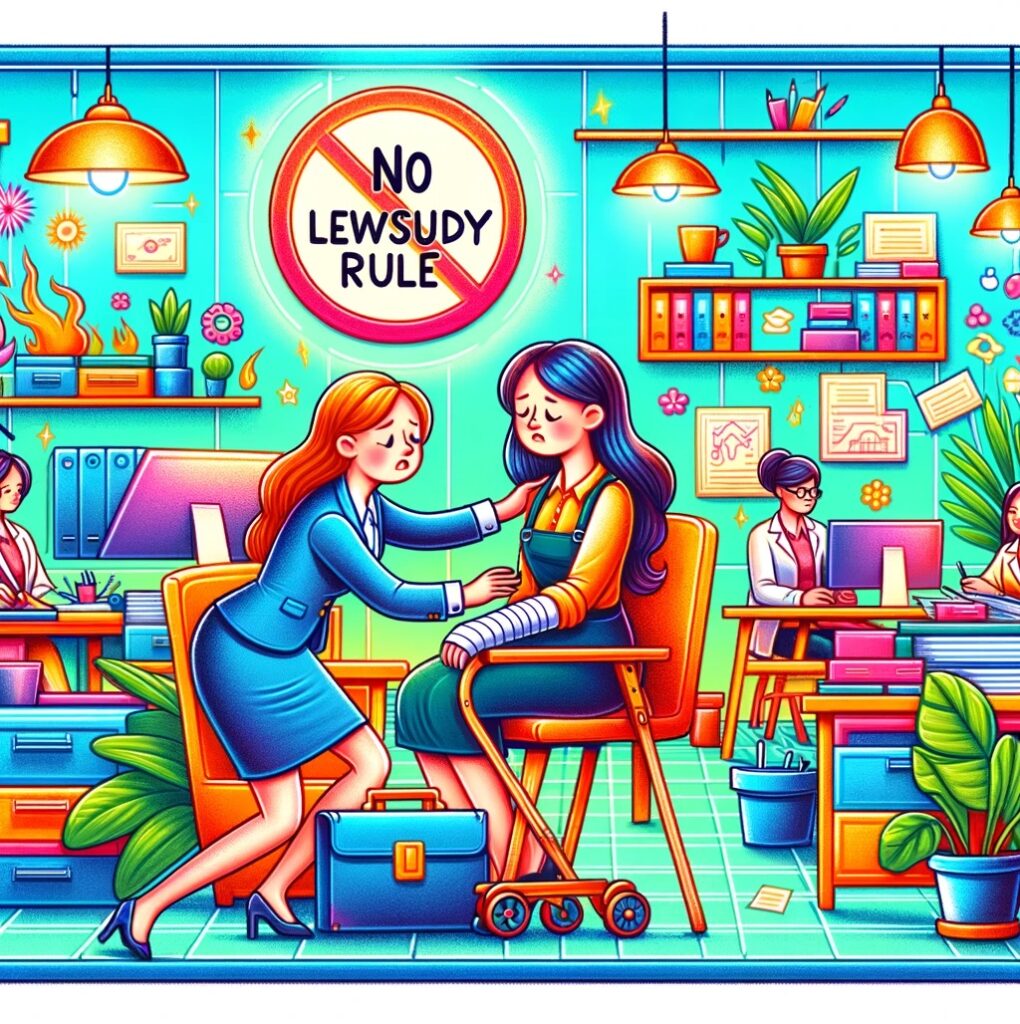By Steve Franco (Updated January 24, 2026)
At Franco Muñoz Law Firm, we want to help you understand your rights as a worker. One important topic is the “exclusive remedy rule” and how it affects claims against your co-workers. Understanding the exclusive remedy rule and claims against co-workers is essential for protecting your rights.

What is the Exclusive Remedy Rule?
The exclusive remedy rule means that if you get hurt at work, you can usually only get workers’ compensation benefits. You can’t sue your employer in court for more money. This rule is found in Labor Code § 3602. The idea is that workers’ compensation is a trade-off: you get quick benefits without proving fault, and your employer gets protection from big lawsuits. Therefore, the exclusive remedy rule and claims against co-workers are closely linked under this legal framework.
How Does This Apply to Co-Workers?
Just like your employer, your co-workers are also protected by the exclusive remedy rule. This means you generally can’t sue a co-worker if they cause your injury while working. This protection is in Labor Code § 3601. But there are two exceptions:
- If a co-worker hurts you on purpose without being provoked.
- If a co-worker causes your injury because they are drunk or on drugs.
Why is This Rule Important?
The rule stops employees from suing each other for work-related injuries, which could then lead to lawsuits against the employer. The California Supreme Court explained this in a case called Torres v. Parkhouse Tire Service, Inc. (2001). In many cases, exclusive remedy rule and claims against co-workers are meant to prevent unnecessary litigation.
Recent Case: Vann v. City and County of San Francisco
In a recent case, Vann v. City and County of San Francisco (2023), the court looked at who counts as a co-worker. Vann, a firefighter, got hurt when a bus driver for the San Francisco Municipal Transportation Agency (SFMTA) drove over a fire hose, causing it to hit Vann. Vann tried to sue the bus driver and the City for negligence.
The court decided that Vann couldn’t sue because:
- The firefighter and the bus driver both worked for the City, even though they were in different departments.
- Workers’ compensation was the only way Vann could get benefits for his injury.
What Does This Mean for You?
This case shows that even if you and a co-worker don’t share the same boss or work in the same place, if you work for the same employer, you are considered co-workers. This means the exclusive remedy rule protects your co-worker and employer from being sued in civil court for work-related injuries. As a result, exclusive remedy rule and claims against co-workers come into play whenever both people are employed by the same company.
What Should You Do if You Get Hurt at Work?
If you get hurt at work, remember:
- You can get workers’ compensation benefits, which cover medical bills and lost wages.
- You usually can’t sue your employer or co-workers for more money.
- There are exceptions if your co-worker hurt you on purpose or was intoxicated.
Understanding these rules can help ensure you get the benefits you need without confusion. If you have any questions about your workers’ compensation claim or about how the exclusive remedy rule and claims against co-workers might affect your situation, contact Franco Muñoz Law Firm today for a free consultation.







